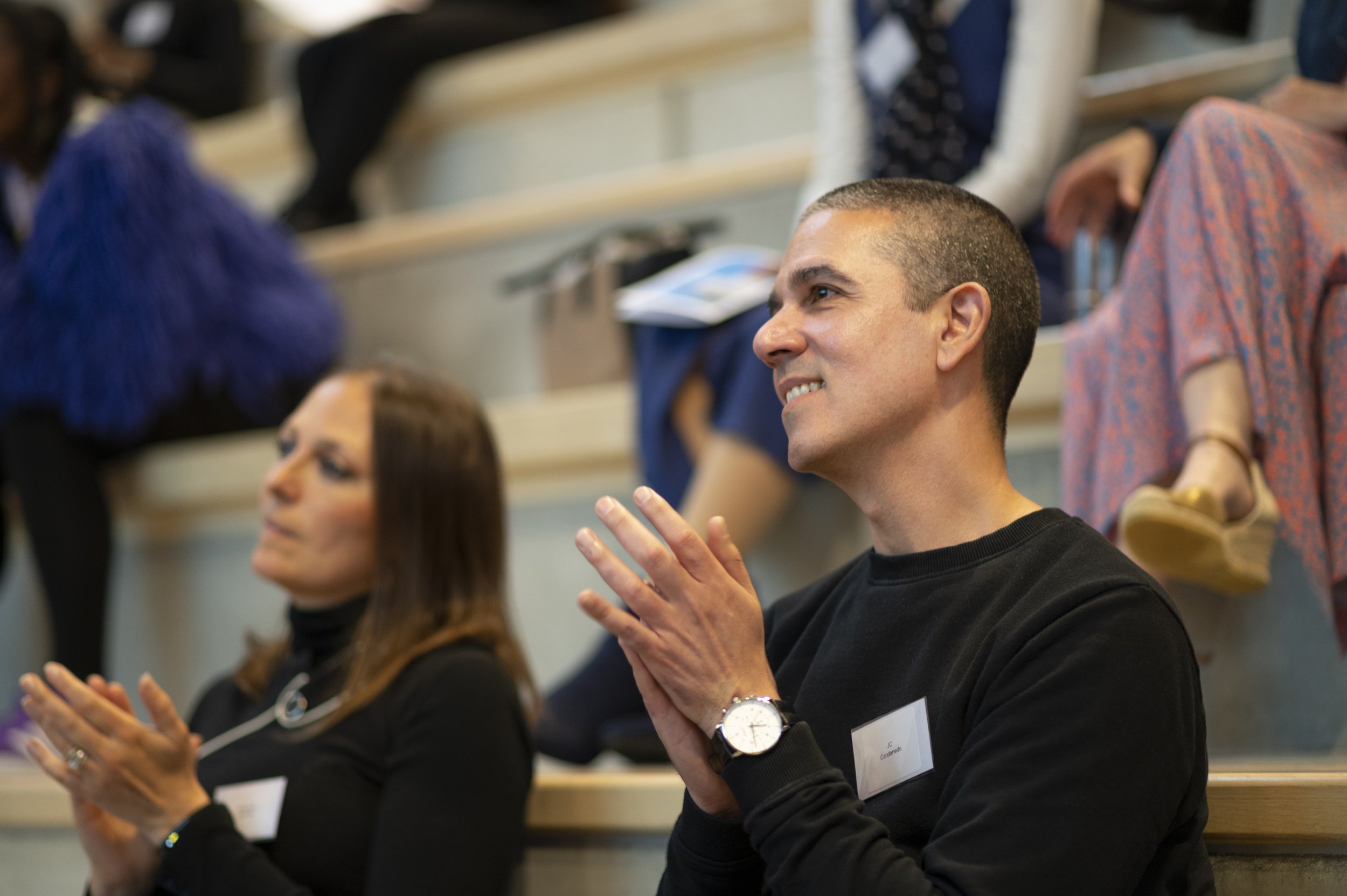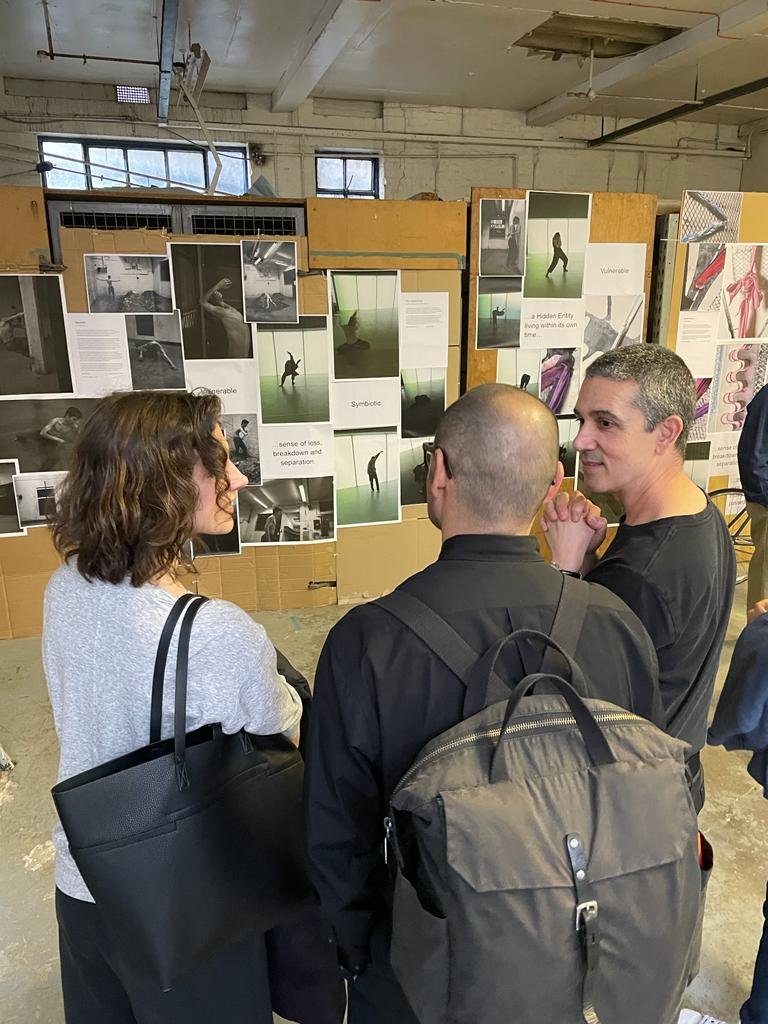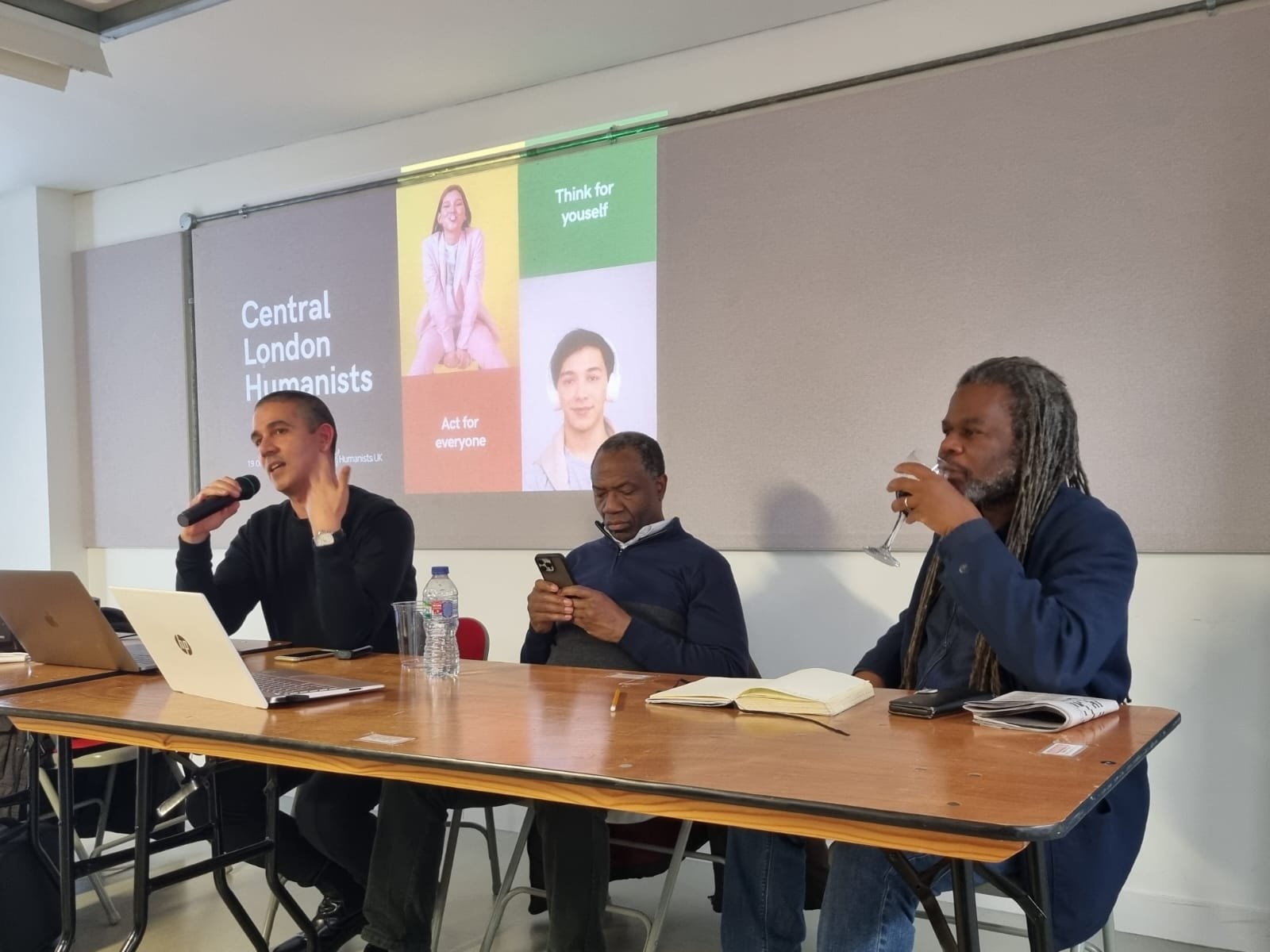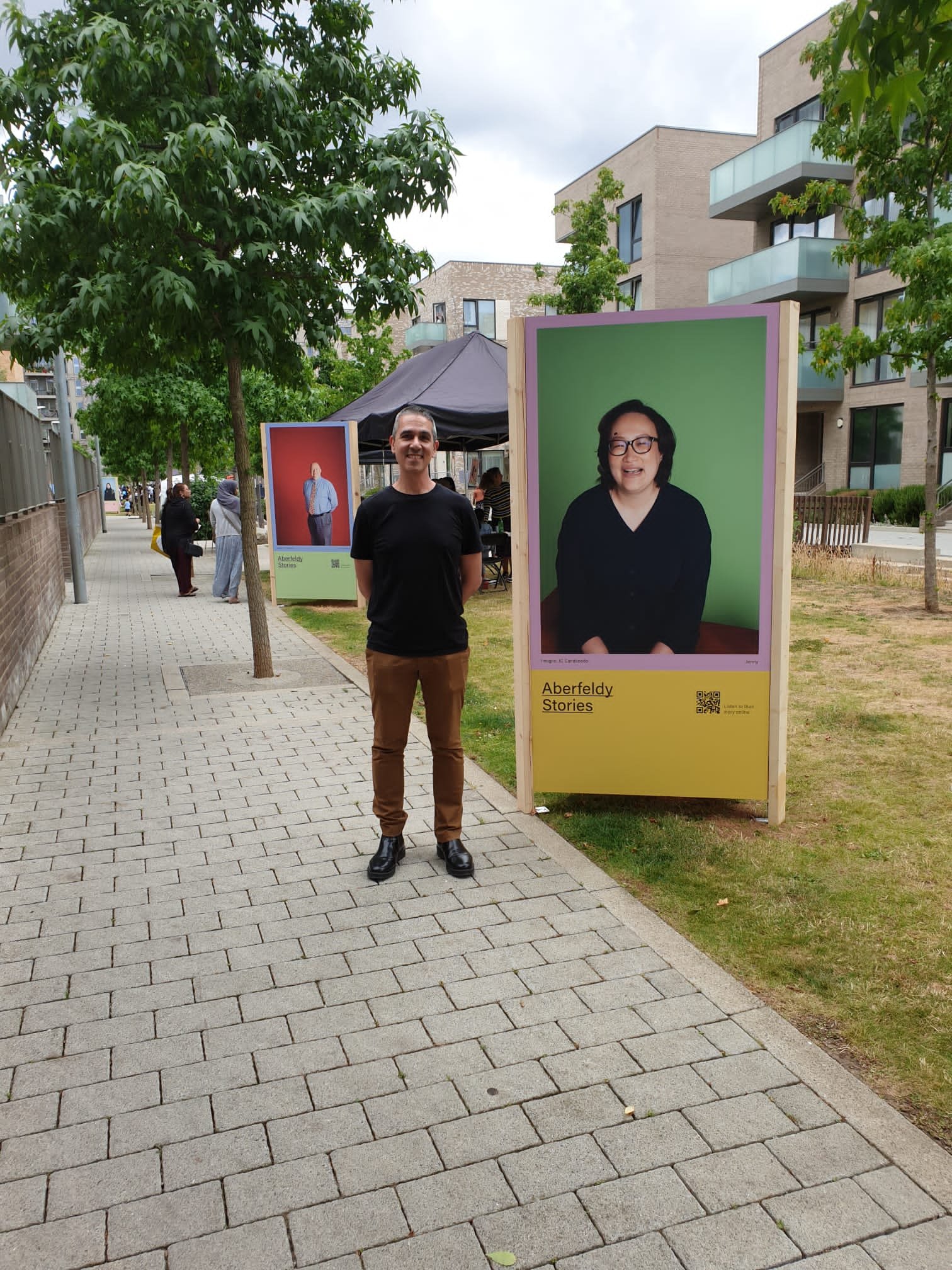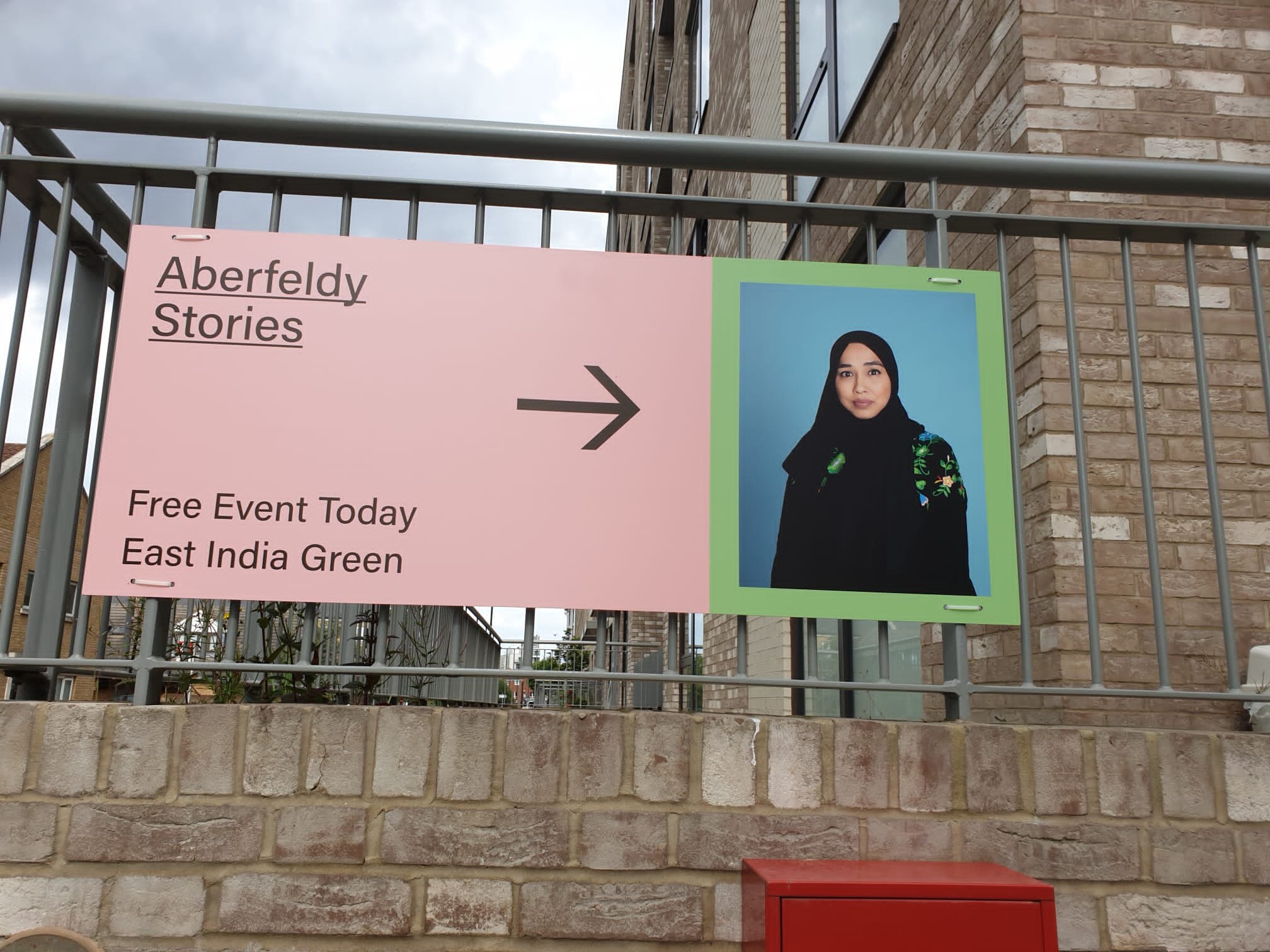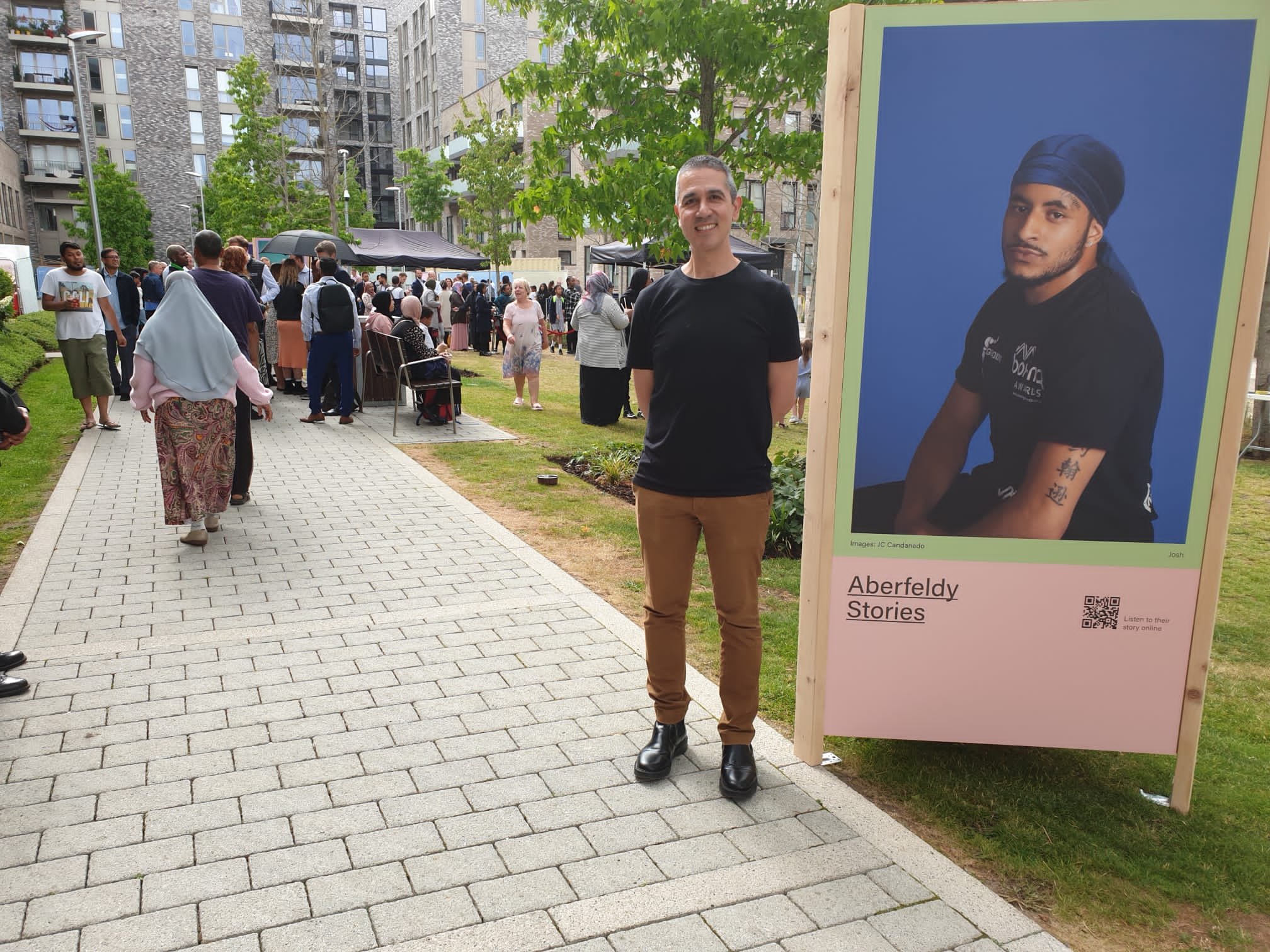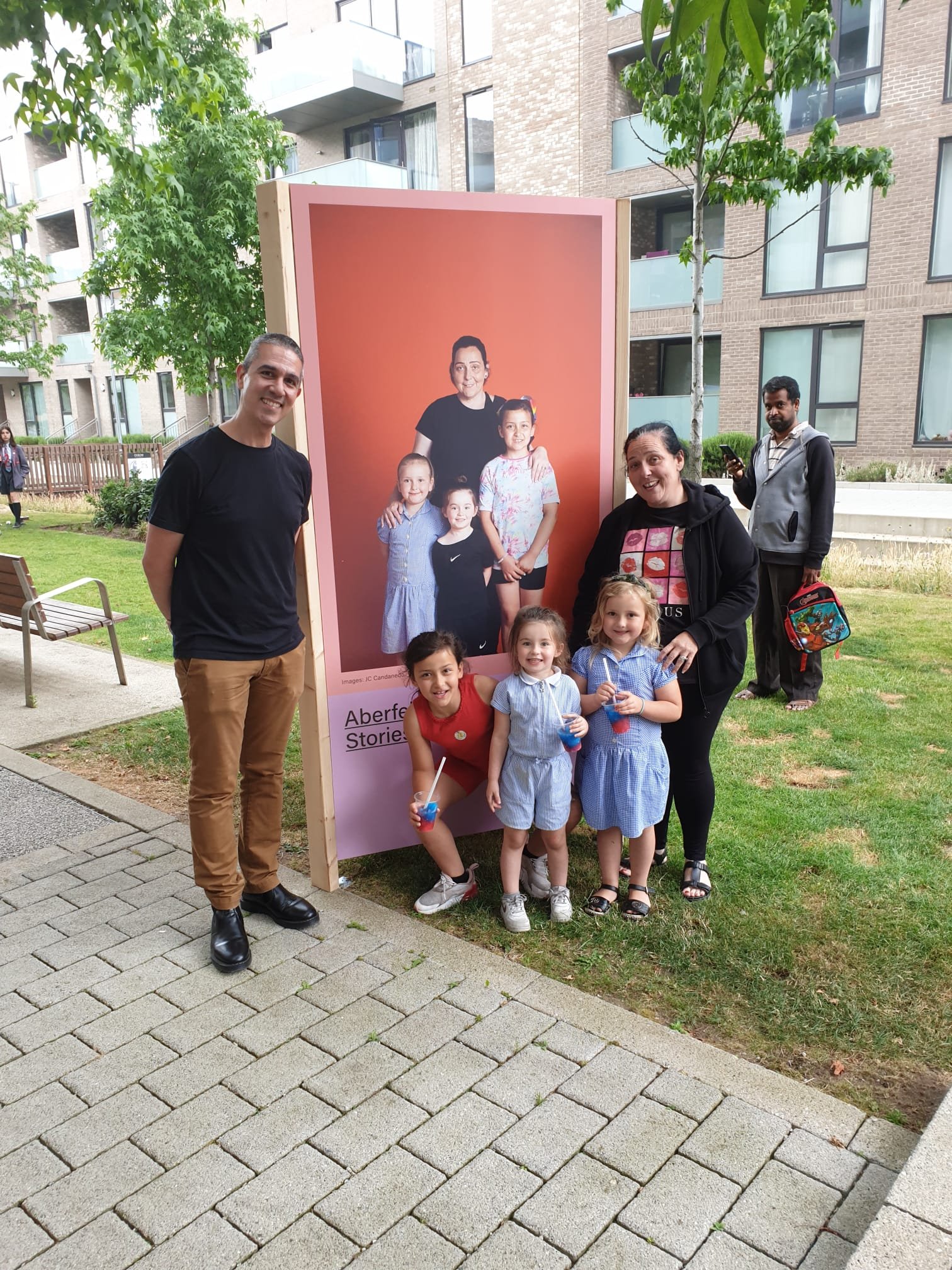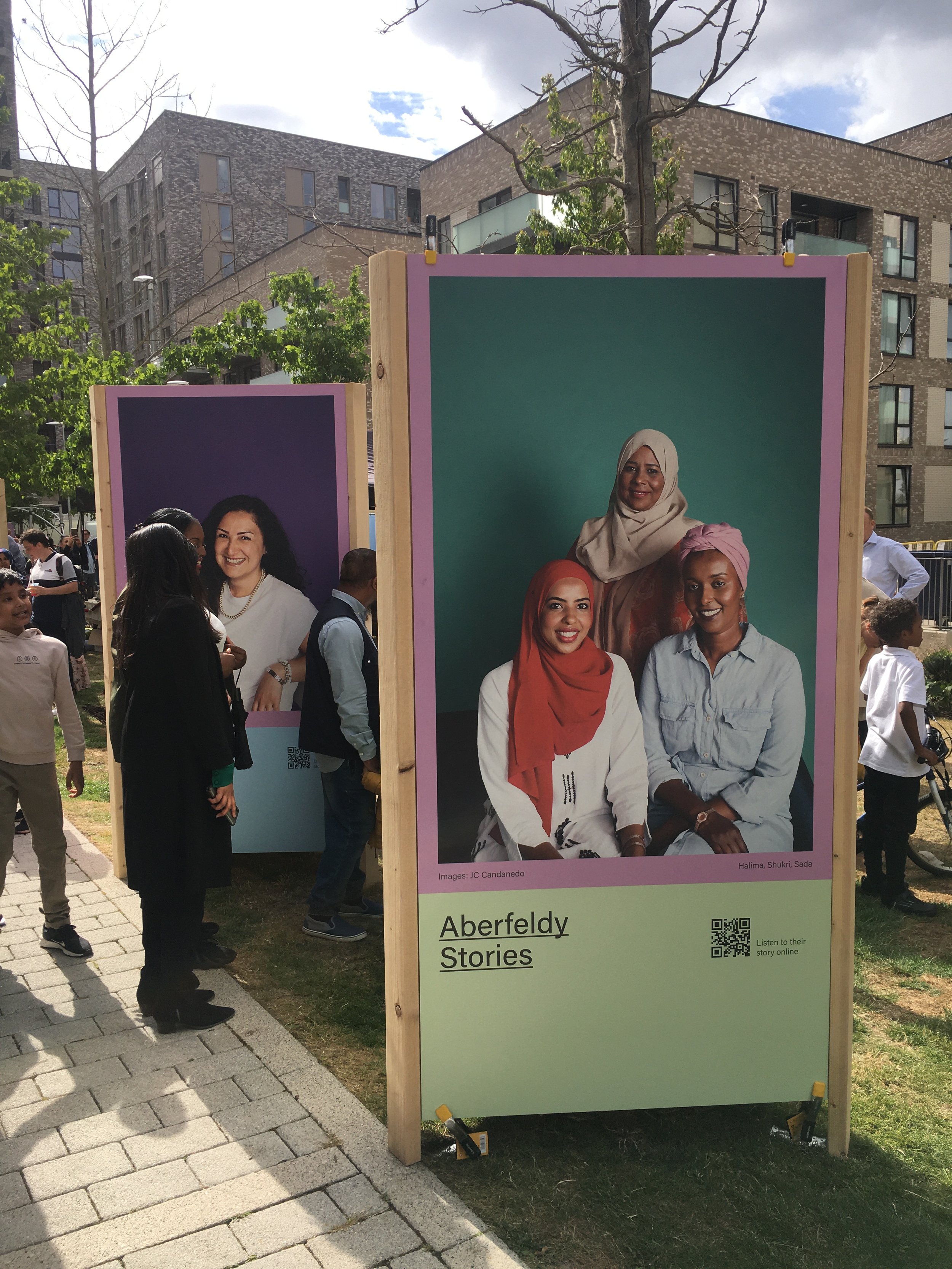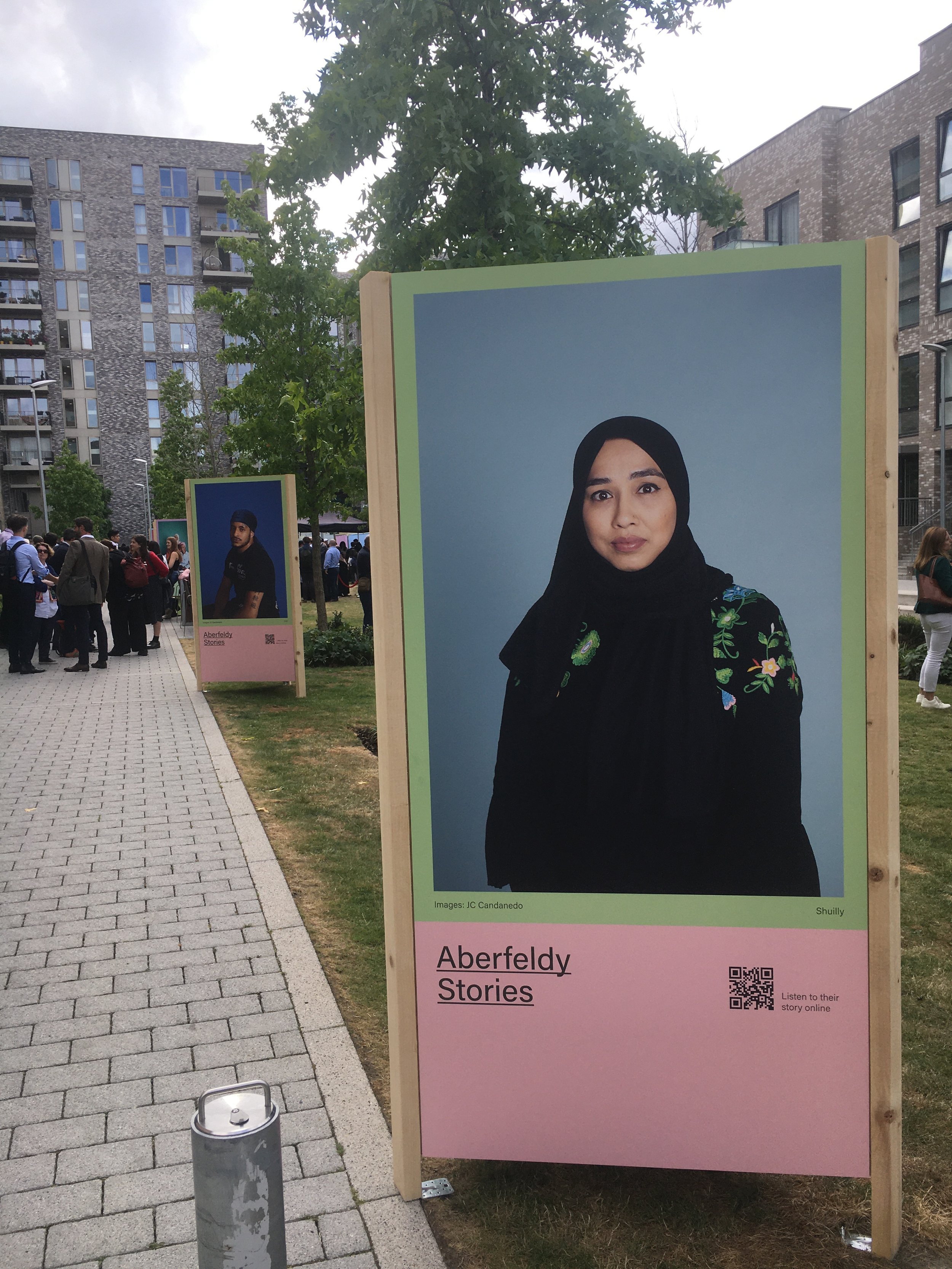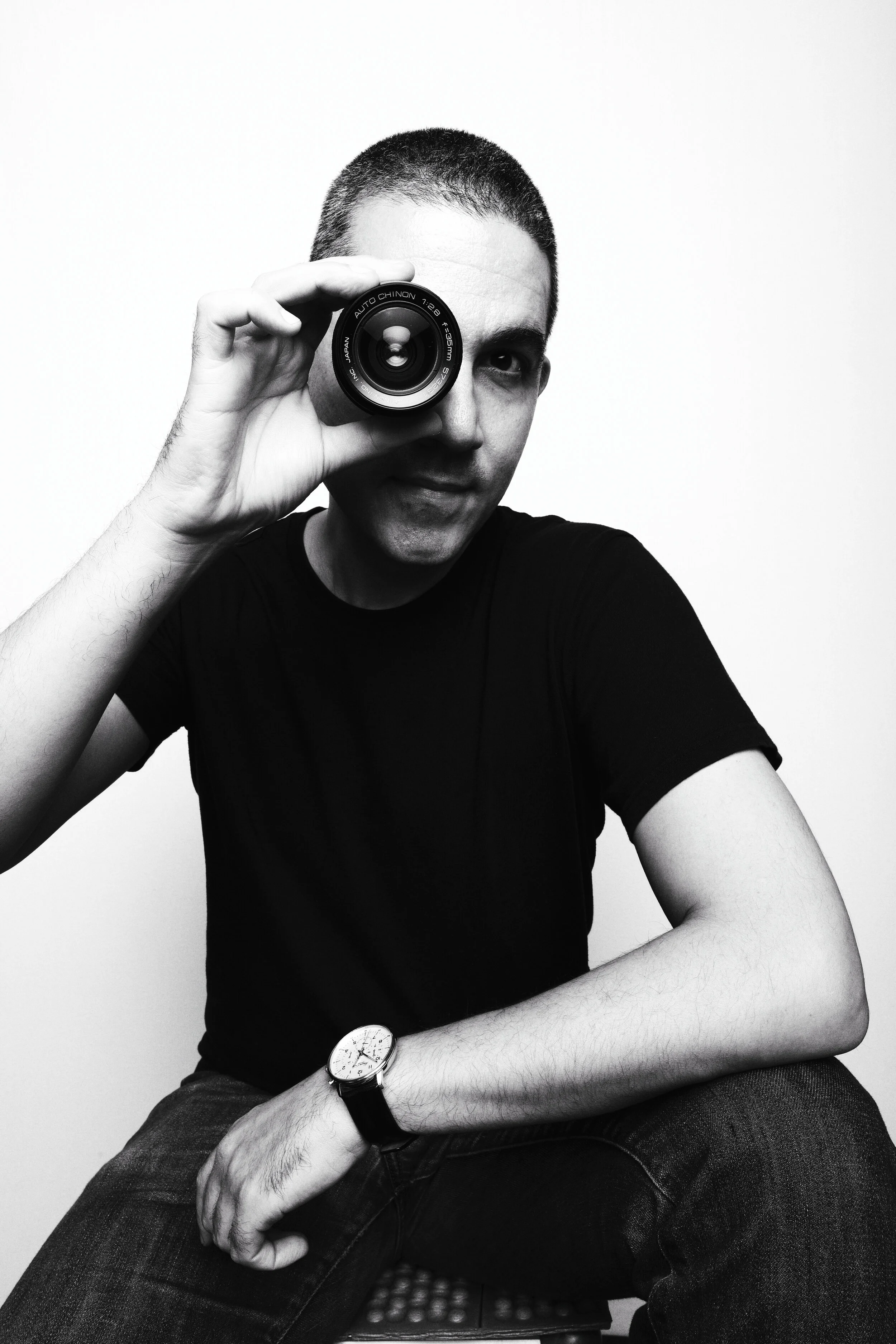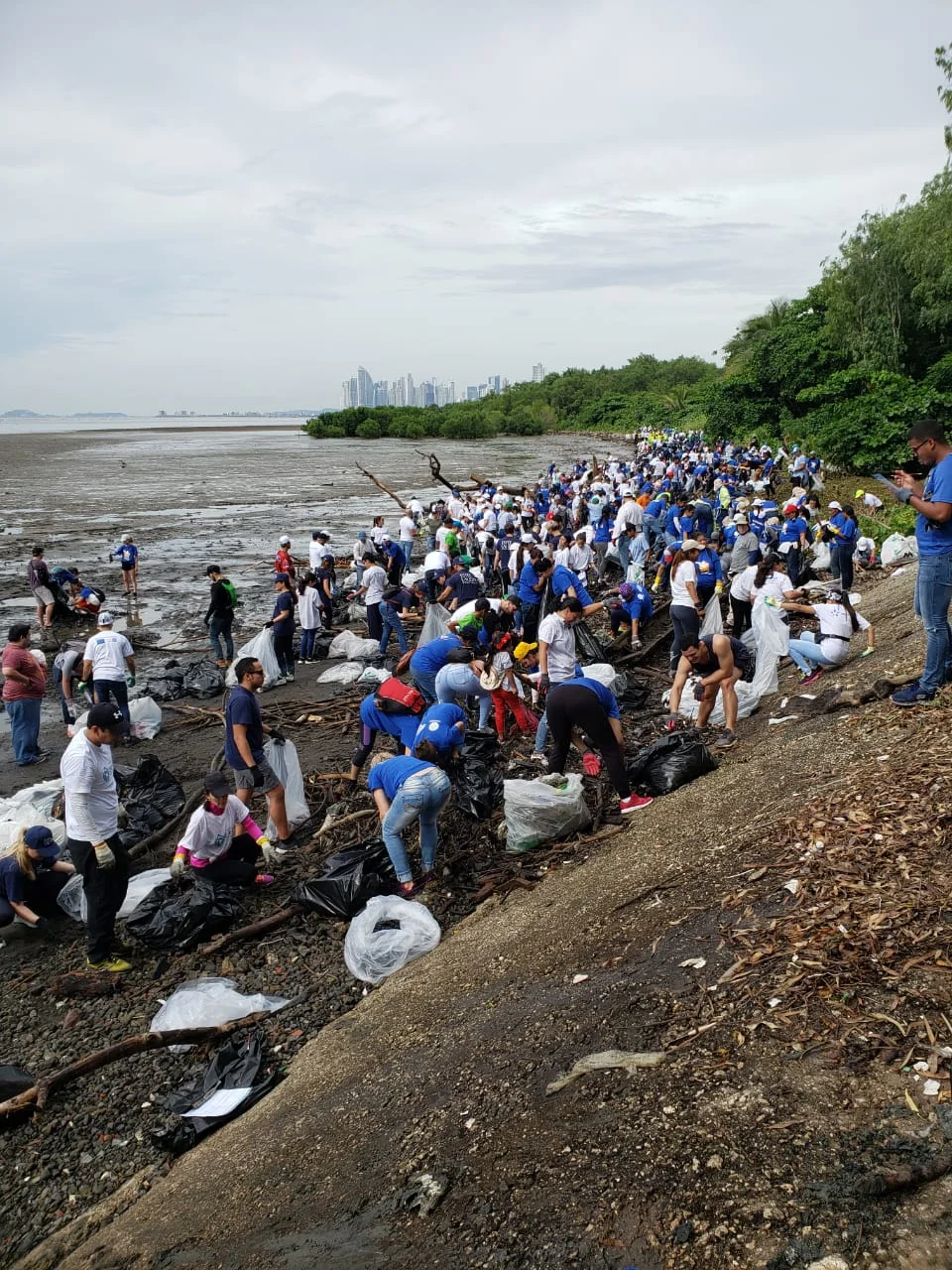Yesterday marked a year since the first lockdown in the UK. If this year has taught us anything is that our relationship with the environment must change. In a previous post, I wrote about how the climate emergency is a photography issue encouraging fellow photographers to reassess their practices and get involved in bettering the planet. Today, I write about how those of us who have a direct or indirect role in the Fashion Industry, or anyone who consumes fashion for that matter, are also part of the environmental problem. The good news is that we all have the potential to be part of the solution. Small changes in our day to day lives can have a massive impact if we all apply them consciously.
There is no doubt that the Fashion Industry is one of the biggest polluters on the planet. For this reason only, anyone who supports the Fashion Industry has a duty to protect the environment. If your support to the industry doesn't come from your line of work (design, production, logistics, retail, wholesale, support roles), and you don't see yourself as a fashion victim, you might think that this article is not for you. The reality is that, when it comes to the clothes we wear, we are all partly responsible for how the Fashion Industry affects the environment. If you didn't make your clothes yourself using sustainable materials and processes, you are part of the problem.
When we think of the Fashion Industry, we tend to think of luxury brands and fancy designer runways. We forget that everything that we are wearing this very second (shoes, undergarments, clothes, accessories) was produced by a brand that is part of the industry and also accounts for a percentage of its environmental impact. So, when I say that Climate Change is a Fashion Issue, what I'm trying to say is that Climate Change is an Everyone's Issue.
In my post about how Climate Change is a Photography Issue, I wrote that at its most basic level climate change is a human issue. This means that if you are human, you are both affected by or liable for the climate crisis. And this includes both our consumer behaviour and our work practices.
How can I reduce my fashion environmental impact as a consumer?
As part of the efforts that we have to make to have more environmentally friendly habits, the way we shop needs to change. This doesn't only apply to the way we buy clothes, but learning to be a more responsible fashion consumer can have an impact on our shopping behaviour in every other type of categories of products and services that we buy.
Here are a few things that you can start doing as soon as you finish reading this article to become a smarter consumer:
Buy less: I know, this sounds counterproductive coming from someone who runs a business within the Fashion Industry. The sad reality is that the reductions that we need to make to counteract climate change go against the concept of capitalism and growth. If you don't buy new clothes, you will not contribute to the problem at hand. But I can't advise you not to buy new clothes ever again because this will unleash a series of other problems (economy, employment, waste) and it's very naive of me to think that you won't have the need to buy new clothes at some point. The correct advice is to buy less, to think twice before we buy a new garment and to consider the other points coming below when you really need new clothes.
Repair: cheap clothes damage easily. Also, up until now, they were seen as disposable. This has contributed to the massive amounts of clothes piling up in landfills all over the planet. I am aware that not everyone can afford better clothes even if it means that they will last longer. But, something that everyone can do is to try to mend the ones that we own if they have small, fixable damages. Fashion businesses will soon start to provide this service to consumers.
Repurpose what you have: we all have pieces of clothing in our wardrobe that we haven't used in ages. If you believe in trends, they do come and go so it is likely that some of those pieces are back in trend. If you don't buy into the trends nonsense (and you shouldn't), rescuing those pieces from the back of your closet will make you feel like you are wearing new clothes without the expense.
Buy second-hand: buying pre-loved clothes is an excellent way of repurposing other people's clothes while not contributing to damaging the planet. There are plenty of places that sell second-hand garments, but soon this will also be a service provided by most fashion retailers.
Buy sustainably and ethically: finally, if you do have to buy new clothes the best that you can do is to support brands that are sustainable and ethical. Sustainable and ethical are not synonymous concepts, they are two very different things even if people use the terms interchangeably. Sustainability refers to brands that use materials and processes that are environmentally friendly. On the other hand, ethical practices refer to offering good working conditions to employees and paying them fairly, for instance. A brand can be sustainable, but not ethical. Or the other way around. When you become a smart consumer, you get used to researching the brands that you buy from before checking out. Try to support brands that are transparent about where they produce their garments, which materials they use, who works for them and how do they treat their staff. Extra points for those brands that support their communities, that show on their websites videos of their facilities and that have made a commitment to treating their employees fairly. You don't want to give your hard-earned money to brands that don't respect the planet nor humanity.
These are just a few things that you can start doing right away to become a smarter consumer. But, beware of greenwashing. Saying that a brand is sustainable and ethical is not enough. There must be transparency and proof. Also, stay away from brands or products that claim to be 100% sustainable or 100% ethical. When it comes to ethical and sustainable practices, you must constantly reassess your impact. Stating that a brand or product is 100% of anything implies that they feel their job is done. Be wary of brands that use euphemisms like natural, or organic, or good, because none of these words means sustainable nor ethical.
How can I reduce my fashion environmental impact as an employee?
It wouldn't be fair to suggest that you quit your job in Fashion if you suspect that the company that you work for is not ethical nor sustainable. Times are tough and we need to pay our bills. What I ask of you is that you research your employer and assess whether they are good for humanity and for the environment. Having this awareness is a good first step.
If you feel like your employer could do better (going beyond the basic environmental legal requirements, for instance) raise your voice. Change comes from within. You can become a change agent in your workplace. Group with like-minded coworkers and share your concerns with management. No company within the Fashion Industry can be excused for not being aware of their impact on the planet, but the management might not be aware that the company could be doing more.
It is easier to change our behaviours than to try to change the way that the companies that we work for operate. Businesses, especially large ones, don't have enough flexibility to act quickly most of the times. There are many interests and policies that come between intention and action. But having a group of employees to keep them accountable goes a long way.
Yesterday was a day of reflection. Our lives have been changed forever. The pandemic has had a toll on lives, mental health and the economy and it hasn't been too generous with the environment either, despite what we might think. People's shopping behaviour has shifted online, changing the playing field for the Fashion Industry but also incrementing the negative impact that the industry has on the environment and on the local economy.
Let's use this period of reflection to examine our lives and learn where we can apply these small changes that have big positive impacts.
Photo credit: behind the scenes by Ferran Vergés.
Do you like what you just read? Consider becoming a patron on patreon.com/jccandanedo where you can learn more about my creative process and the stories behind my images. I’d love to have you as part of my Patreon community.
Subscribe to my weekly blog posts here! You may subscribe to the audio version wherever you get your podcasts.

